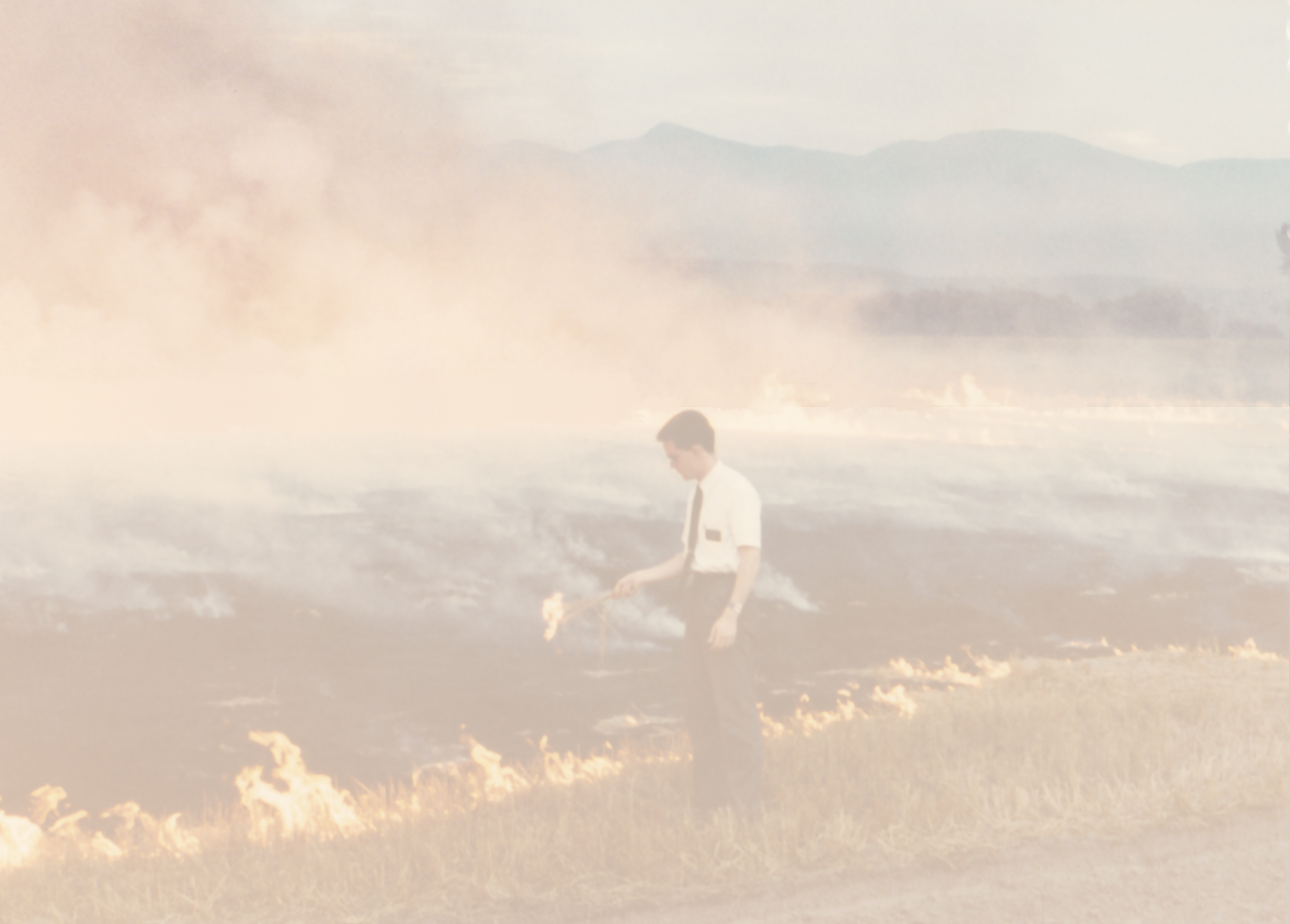In my junior year of high school, I signed up for an advanced humanities class that encompassed history, literature, art, music, and drama from the beginning of recorded time. This daily seminar was presided over by the legendary Mrs. Vivian Beattie, an extraordinary teacher amongst what for a public school was a remarkable slate of extraordinary teachers. (Remind me someday to tell you stories about my math and computer science teacher, Lenzi Nelson. When you ask, tell me you want to hear about the teacher who threw chalk.)
We adored Mrs. Beattie, a ferocious old iconoclast whose demands on her students' intellects and attention pushed most of us as far as we'd ever been pushed by a teacher in our lives. She asked us for all we had, but in return she conferred upon us the gift of critical thought, not to mention the kind of respect most adolescents never feel from adults—the respect that says you are a worthwhile generation, no matter what anyone else tries to tell you.
That's usually how it worked, anyway.
If there was one thing Mrs. Beattie would tolerate, it was muddy thinking. I ran afoul of her cruel, casual dismissiveness in this regard one morning during our unit on 19th-century art. The topic was visual composition, the subject under scrutiny Jean-Auguste-Dominique Ingres's famous portrait of a nude harem girl, "La Grande Odalisque." Surely you've seen it—it's Ingres's best-known painting. The Rubenesque slave girl (the titular odalisque) reclines amid the various appurtenances of a fantastic Turkish harem—veils, silks, furs, pipes, jeweled belts, feathered brushes—with her inhumanly supple back to the artist and her face turned to gaze mildly back at him over her right shoulder. The ripe globe of one breast can be seen in partial eclipse, shadowed by her right arm. The painting was reviled in its time, but is today considered a masterpiece of French neoclassical portraiture.
Mrs. Beattie crouched behind her desk at the front of the classroom like a magistrate at the bench, relaxed in a manner entirely unlike la grande odalisque on the easel at her shoulder. She tapped the print with her baton and peered at the two dozen of us as if we were petty criminals she must arraign. (And still we loved her. Go figure.) "Where is your eye first drawn when you look at this painting, kids?" she demanded, head swiveling to and fro behind plate-glass spectacles. Like a heat-seeking missile, her gaze looked on mine. "Bill Shunn? Where do you naturally look?"
Oh, good criminy, I thought.
Look, as far as I'm concerned, this wasn't a fair question. I was fifteen years old. My eye was naturally drawn to the breast, but no way could I say that in front of my classmates—half of whom I harbored unrealistic but still intense fantasies of one day making out with. With a perspicacity born of panic (this is to say, none at all), I cast about desperately for an acceptable response. "Um, the face?" I hazarded, because to a Mormon boy my age, that was the only safe place to admit looking at a woman.
"The face?" cried Mrs. Beattie, aghast. "What on earth is wrong with your eyes? Someone, anyone, please tell Mr. Shunn where he should be looking. Marla Staples."
Marla, a brainy vixen I'd had a crush on since eighth grade, lowered her hand, cast a triumphant smirk in my direction, and said, "The back."
"Yes, of course, the back. See, kids, how this splendid white back seizes hold of the eye and draws it smoothly down the curve of the spine? See . . . ?"
It was my most humiliating moment in that class—worse even than the time Mrs. Beattie asked me why, with all my talent, I chose to squander it writing science fiction. (When my first profession sale appeared in The Magazine of Fantasy and Science Fiction—a tale about choirboys at the 2009 presidential inauguration called "From Our Point of View We Had Moved to the Left"—I sent her a copy with a note that said, "This is why I write science fiction." Her response was a card of delighted congratulation.) I wanted to crawl under my desk and die, but of course I couldn't make myself do either. Instead I hoarded the moment away for eventual revenge in my brilliant and bestselling memoirs.





